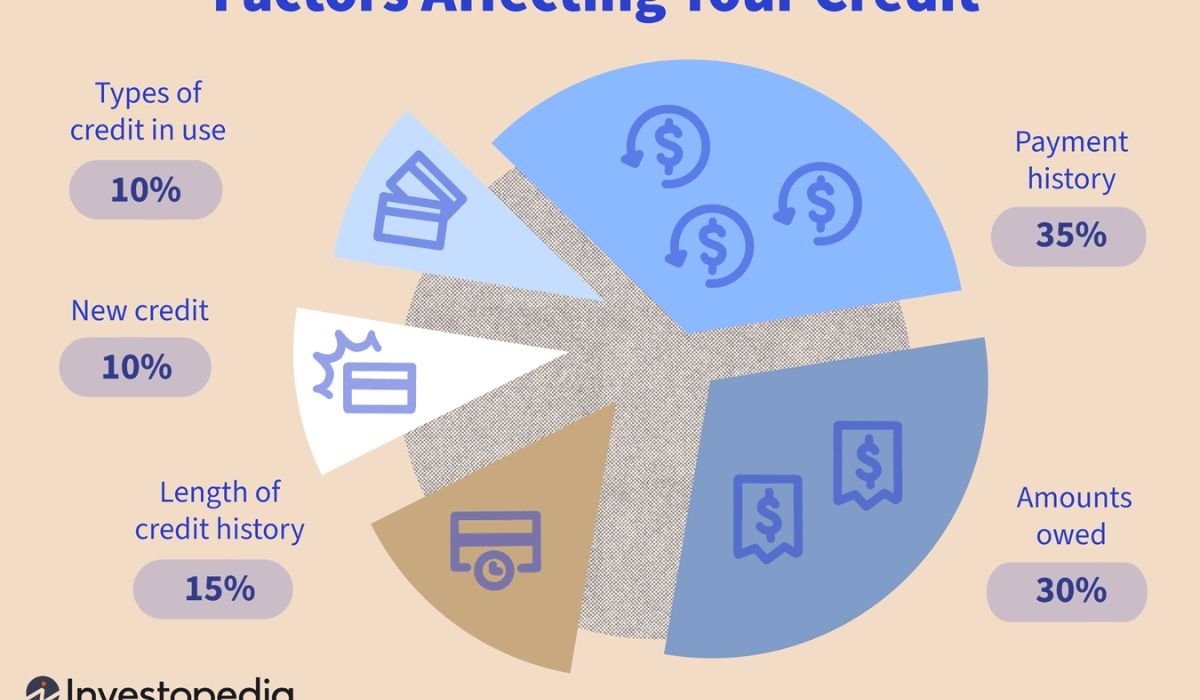Key Takeaways
- Settlement payouts can be delayed due to various factors, including legal formalities and banking procedures.
- It’s important to be informed about potential delays and manage expectations accordingly.
- Understanding the process can help in effectively planning financial obligations.
Introduction to Settlement Payouts
Receiving your settlement payout is often seen as the final pinnacle moment after enduring a lengthy legal journey. However, transitioning from a settlement agreement to receiving money in hand can be surprisingly time-consuming. Questions such as, how long after a settlement do I get my money, are persistently on the minds of those awaiting their funds. It’s crucial to understand the many factors influencing this timeline, as doing so will allow better expectation management, ensuring that frustrations are minimized during what can be somewhat of an arduous wait.
The settlement payout process is not simple. It involves a tapestry of steps and stakeholders, each contributing to the complexity and time required before funds reach the recipient. From legal and procedural formalities to final banking transactions, each phase is susceptible to delays due to logistical kinks and procedural bottlenecks. We aim to demystify these factors, illuminating the typical journey of a settlement payout and providing insights into why patience is a necessary virtue in these scenarios.
Legal Formalities and Complexities
The initial barricade to a swift settlement payout stems from the arena of legal formalities and complexities. Legal formalities require meticulous adherence to ensure that the terms of settlements are thoroughly executed. This step involves scrupulous document verification and comprehensive compliance checks and often necessitates court approvals to deem everything legally sound. Given the precision-oriented nature of these formalities, even minor errors or discrepancies can equate to substantial delays. Legal teams and court officials operate with rigorous standards, aiming for compliance and thoroughness, which might extend the timeline unexpectedly.
Role of Insurance Companies
Insurance companies hold pivotal roles in the framework of settlement payouts. Often, public settlements hinge upon the workings of these entities, which either verify claims, facilitate the disbursement of funds, or even serve both functions. The internal processes of insurance companies typically span an extensive setup layered with multiple checks and balances encompassing claim investigations, assessments, internal approvals, and communications. These processes ensure the utmost accuracy and compliance across the board, naturally elongating the payout timeline. Thus, while these thorough procedures are necessary to secure rights and accuracy, they can contribute heavily to one’s experienced delay.
Banking and Payment Processing Delays
After traversing the terrain of legal intricacies and insurance protocols, the final mile of the journey revolves around banking mechanisms. Once insurance companies process the release of funds, banking systems dictate the final line of financial transfer. Bank transaction timelines encapsulate essential authentication and verification processes built for fraud prevention and security, albeit potentially aggravating the duration of the settlement payout.
Furthermore, the nature of fund transfers—through checks or ACH payments— inherently carries its timelines, often extending several business days. Banks are bound by their compliance and verification rules, necessitating a final set of checks before the funds reach your account, fortifying another layer of delay.
Agreements and Final Checks
Comprehensive final checks and balances are imperative before funds are finally transferred to a recipient’s account. This concluding phase ensures that all contractual obligations are fully satisfied and payouts reflect agreed-upon figures and terms. Discrepancies or oversights discovered at this juncture may necessitate amendments or corrections, resulting in further delays. It’s a process designed to uniformly ensure confidence, security, and accuracy in the fund’s disbursement, underscoring why vigilance in details is critical and time-intensive.
Common Misunderstandings About Settlement Payouts
Misconceptions about settlement payouts abound, often rooted in the assumption that settling finalizes an immediate payout. However, as illustrated by the layers of logistical and procedural steps involved, this is rarely the case. Individuals often underestimate the intricacy of these processes, leading to unrealistic expectations regarding the speed of payouts. Acknowledging the multifaceted nature of payout timelines can mitigate undue stress and mismanaged financial expectations. While the culmination of a legal battle suggests finality, the ensuing payout process is a distinct chapter, encompassing various checks and compliance measures necessary for precision.
Why Patience is Crucial in the Settlement Process
In settlement payouts, patience is not simply a commendatory trait but an integral component of navigating a system rife with checks and balances. Given the multitude of parties— including attorneys, insurance company adjusters, judicial bodies, and banks— each guided by their own timelines and compliance statutes, delays are not only probable. Still, they are part and parcel of the larger process. Understanding industry standards for processing can demystify the timeline significantly, enabling better preparedness and fostering peace of mind during the interim period. Recognizing that these steps ultimately assure the rigor and fairness of a settlement, the waiting period can be approached with measured patience.
Conclusion: Navigating the Wait
In conclusion, awaiting a settlement payout position can be an unnerving experience; however, understanding the dynamics involved provides clarity and comfort. Each process layer, from legal checks to insurance and banking protocols, adds valuable dimensions of accuracy and trust to the final disbursement. While acknowledging and accepting the delays inherent to this system can be challenging, it also equips individuals to plan financially and emotionally during the wait. Ultimately, being well-informed on the procedural landscape can lead to smoother navigation and reduced anxiety during anticipation.
MAY YOU LIKE ALSO :Capital One Business Credit Card
